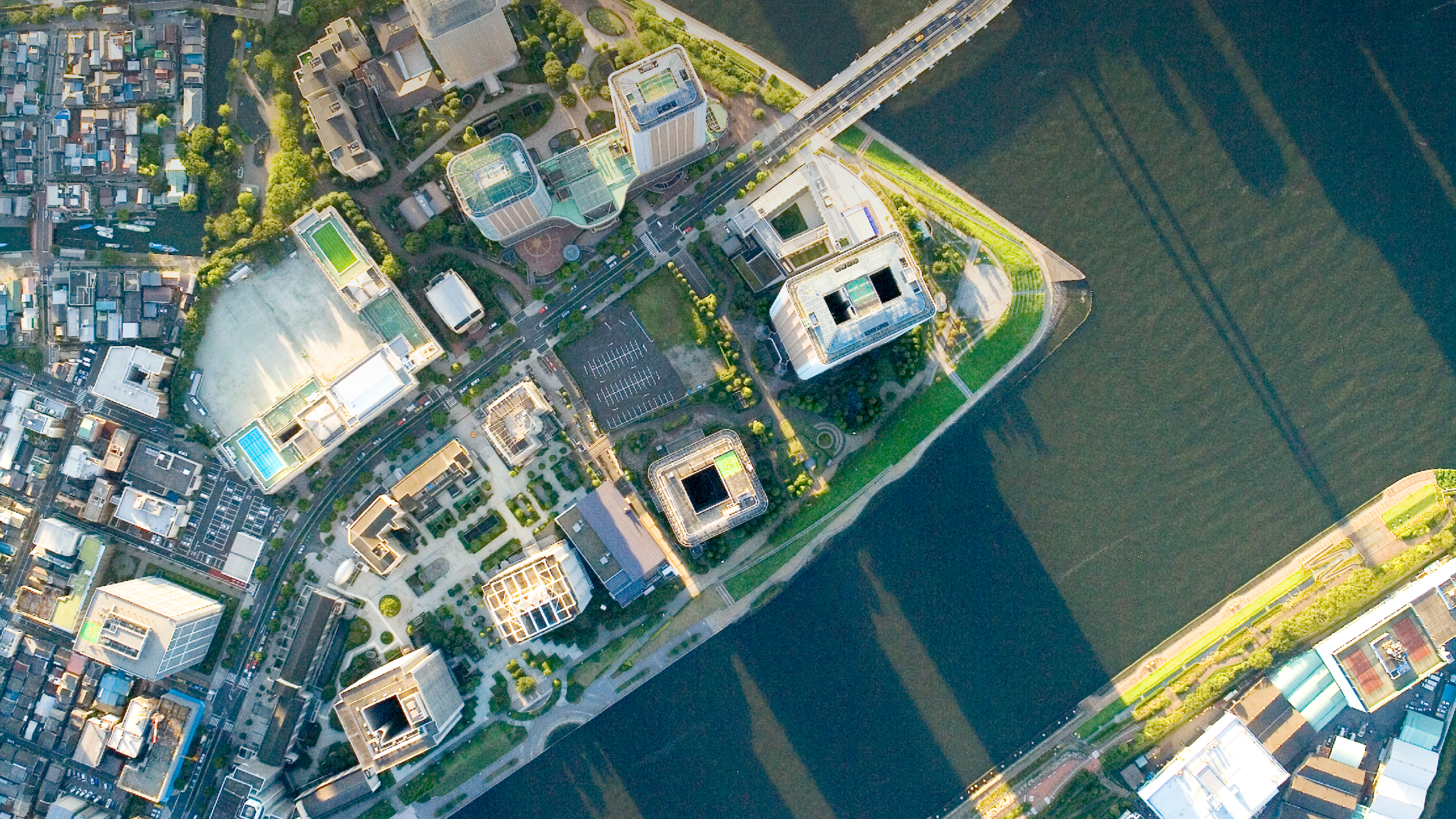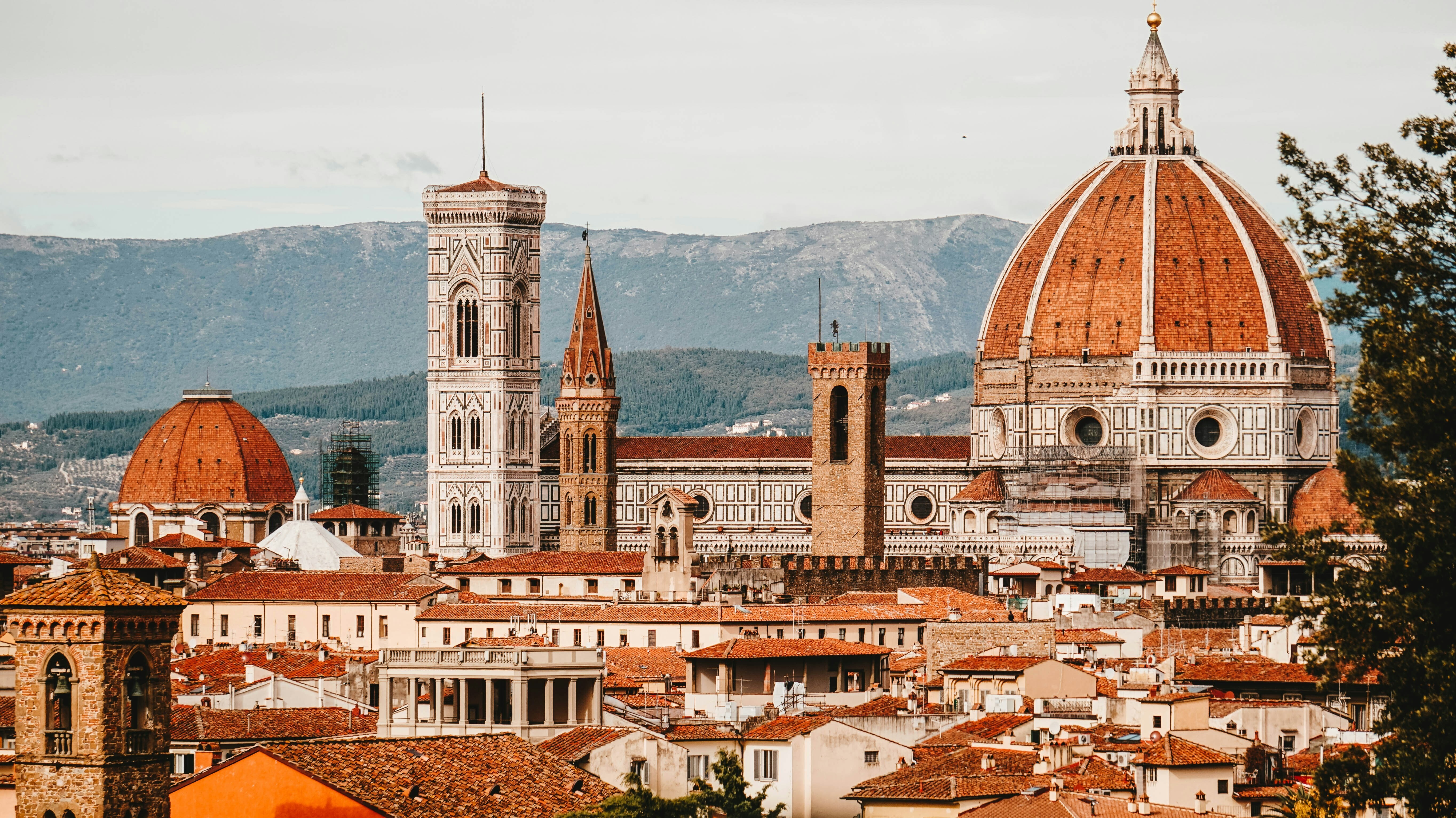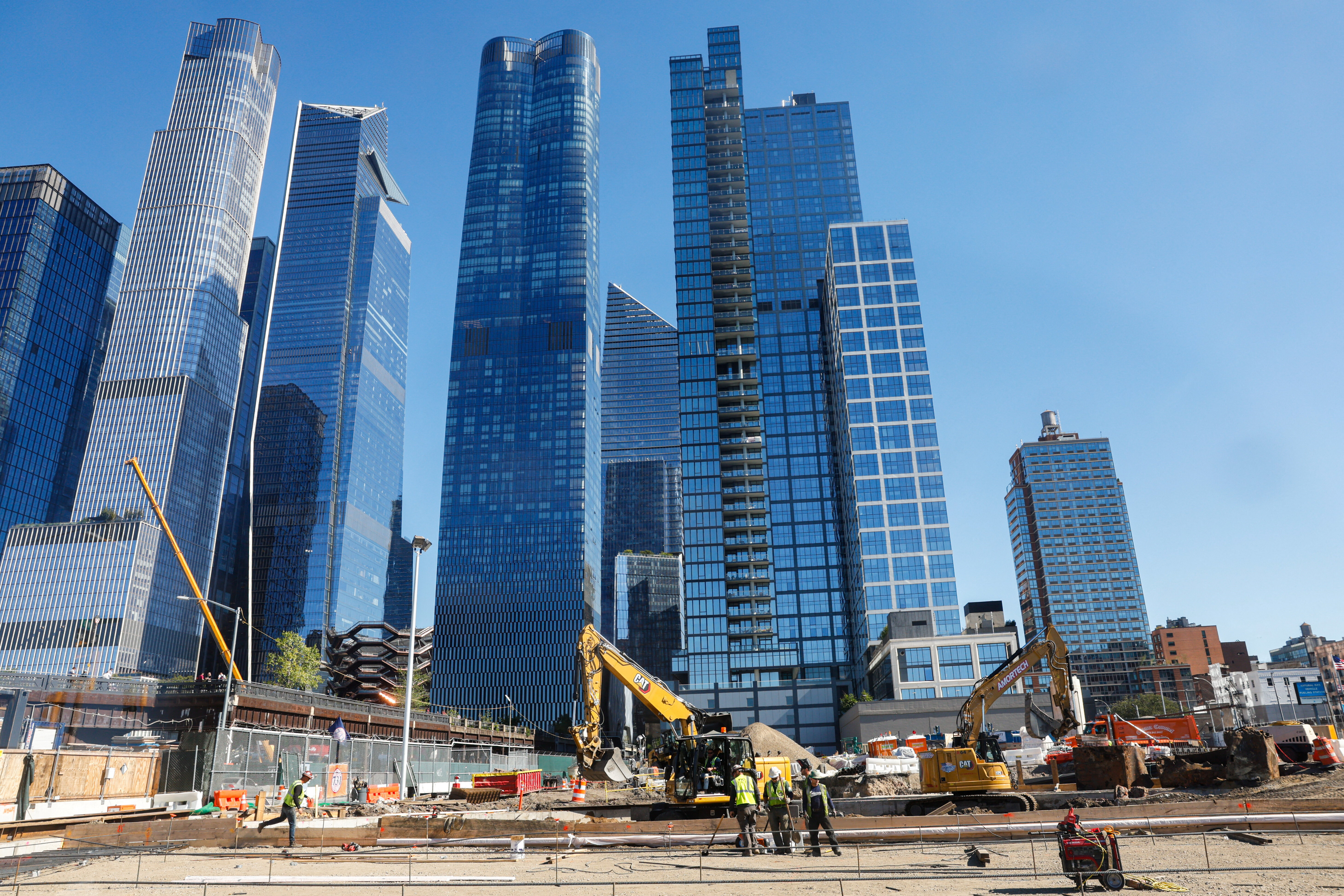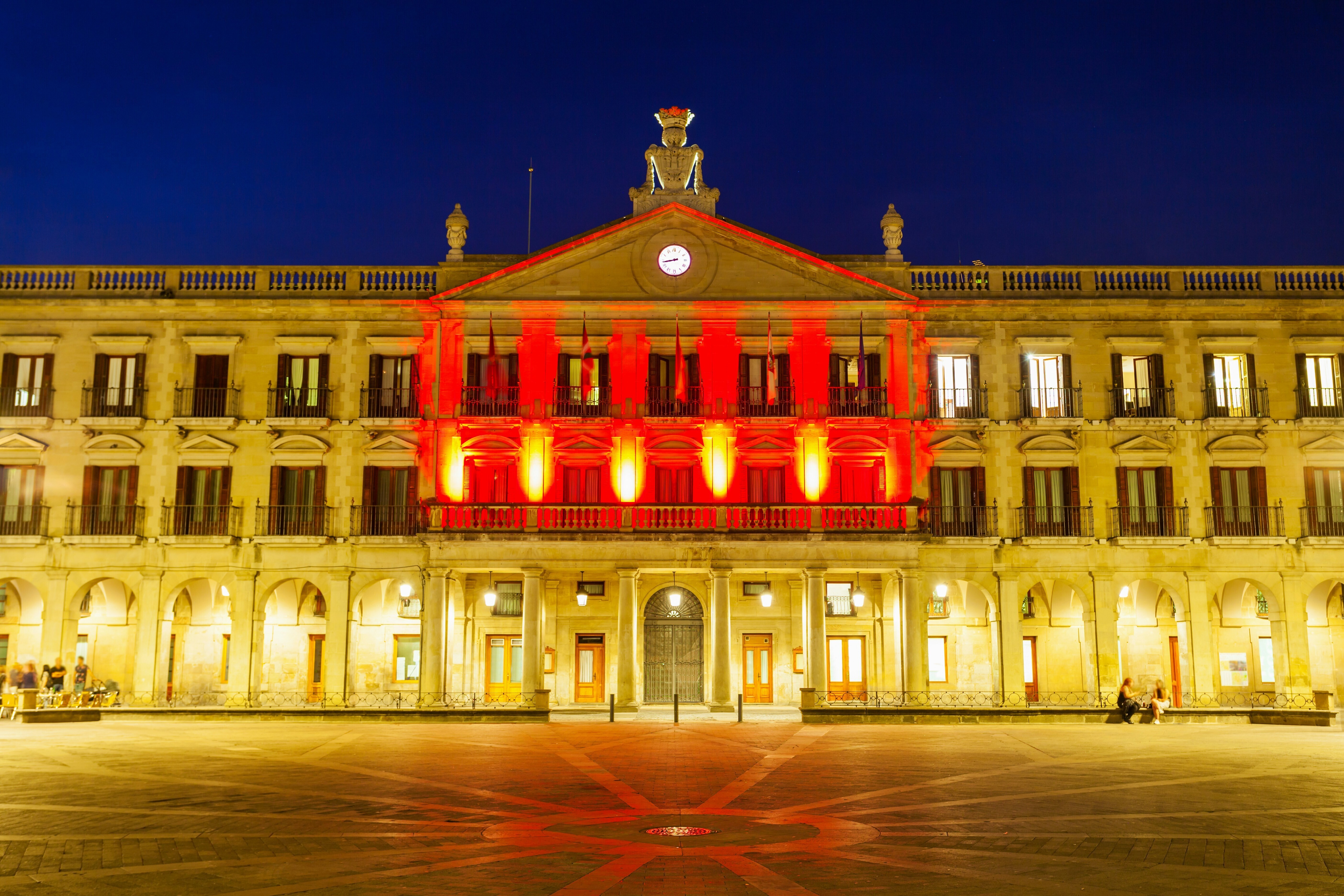Four innovations preparing cities for climate change

Flooding is just one of the many dangers that cities around the world face as climate change worsens. Image: Unsplash/Juan Manuel Sanchez
Listen to the article
- Cities generate 70% of global greenhouse gas emissions.
- And 80% of them face severe impacts from climate change.
- But innovative solutions offer the prospect of protections from extreme events.
In the fight against climate change, cities matter. Today, over half of humanity lives in cities and by 2050 seven in ten of us will be urban dwellers. So what can be done to prepare cities for climate change?
As delegates gather for the COP 27 global climate conference in Sharm El Sheikh, a new report from climate disclosure group CDP says four out of five of the world's cities face significant climate hazards such as extreme heat, heavy rainfall, drought, and flood in 2022.
A quarter of them expect the hazards to increase in intensity and frequency by 2025 while almost one in three are facing climate threats so severe that they will impact at least 70% of their populations, says the report.

But almost two-thirds of cities are taking steps to adapt to climate change and CDP says these actions are already having spin-off benefits such as improving air quality, creating jobs, improving social inclusion and enhancing biodiversity.
Action by cities has the potential to make a big difference. Although they cover only 3% of the Earth’s surface, cities generate 70% of global greenhouse gas emissions.
Innovations that can curb climate change
Here are some of the innovations that are helping cities prepare for climate change.
Smart rooftops
Metropolder's innovation tackles both extreme heat and heavy rainfall by capturing water in a special layer on flat roofs, preventing urban flooding and later releasing water to cool buildings during periods of excessive heat.
It’s an approach that’s been used successfully in the United States and Europe and it has the added benefit of supporting rooftop gardens which can be used to grow food or just provide a natural oasis in a busy city.
Living Seawalls
Research by Zurich Insurance has identified 570 coastal cities with a total population of over 800 million that are threatened by flooding if climate change causes a sea level rise of just 0.5 metres by 2050.

The Australian team behind Living Seawalls used 3D printing to create blocks that mimic natural habitats. They not only hold back tidal surges but also provide a perfect environment for marine creatures and plants to thrive.
Better sanitation through waste recycling
Informal city settlements have big problems with sanitation and organic waste, which are intensified by climate change. Kenya-based Sanergy has developed a way of processing waste that not only protects human health and the environment but aids food security.

Its innovative system uses Black Soldier flies to break down the organic waste which is then turned into three products: an organic fertilizer; biomass fuel briquettes as a renewable energy source; and an animal feed using black soldier fly larvae.
Pocket urban forests
Scientists say a single tree can capture up to 22kg of CO2 in a single year but urban forest innovators SUGi says that when multiple species are grown together the trees grow faster and capture up to 6% per more CO2.
To date, the project has planted 124 pocket forests in 29 cities, covering over 60 hectares of urban land with 170,000 trees. As well as the environmental benefits, SUGi works with youth and community groups to help city dwellers reconnect with nature.
All of the start-ups featured in this article are members of the UpLink community of innovators. UpLink is the World Economic Forum's open innovation platform, which - alongside partners Deloitte and Salesforce - is helping to source and scale the solutions we need to solve the world's most pressing problems. To find out more and to get involved, visit UpLink.
How is the World Economic Forum fighting the climate crisis?
UpLink, the World Economic Forum’s early-stage innovation initiative, is enabling and accelerating the purpose-driven entrepreneurs that are essential for a net-zero, nature-positive, and equitable future. To find out more and join the UpLink community, click here.
Don't miss any update on this topic
Create a free account and access your personalized content collection with our latest publications and analyses.
License and Republishing
World Economic Forum articles may be republished in accordance with the Creative Commons Attribution-NonCommercial-NoDerivatives 4.0 International Public License, and in accordance with our Terms of Use.
The views expressed in this article are those of the author alone and not the World Economic Forum.
Stay up to date:
UpLink
Forum Stories newsletter
Bringing you weekly curated insights and analysis on the global issues that matter.









